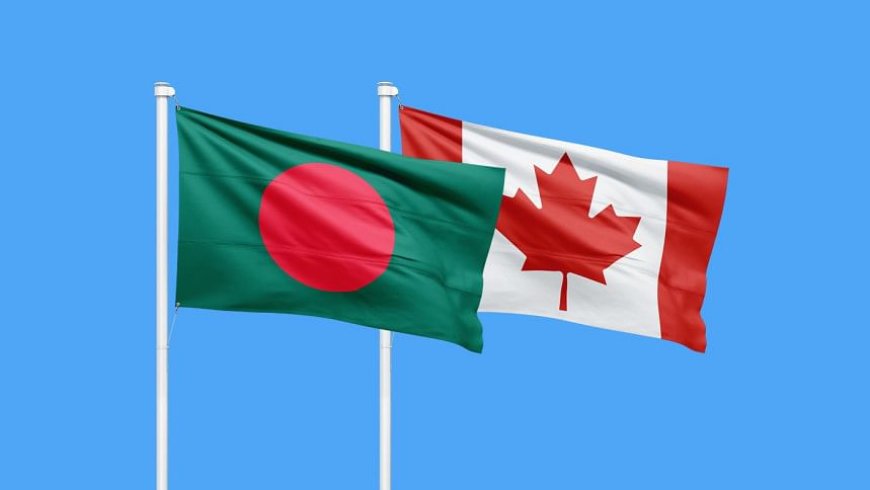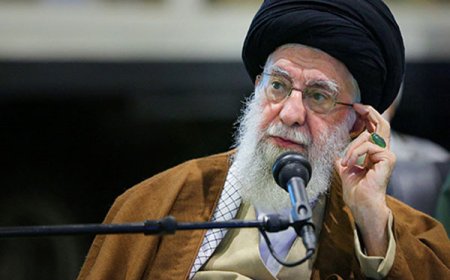Canada commits $272.1 million for development initiatives in Bangladesh and the Indo-Pacific region following USAID budget reductions
Canada commits $272.1 million for development initiatives in Bangladesh and the Indo-Pacific region following USAID budget reductions

Canada has pledged $272.1 million for development initiatives in Bangladesh and the broader Indo-Pacific region amid significant funding cuts by the Trump administration.
The announcement was made by Canadian Minister of International Development Ahmed Hussen, alongside Member of Parliament Parm Bains, as stated by Global Affairs Canada. However, the exact allocation for Bangladesh remains unspecified.
Hussen unveiled the funding during a meeting with the Bangladeshi community in Vancouver, reaffirming Canada's commitment to sustainable development and international cooperation. Reflecting on his recent visit to Bangladesh, he highlighted Canada's ongoing support in areas such as humanitarian aid and maternal healthcare.
Canada aims to strengthen its ties with Bangladesh and the Indo-Pacific through initiatives focused on healthcare, women's empowerment, and climate action. According to Global Affairs Canada, the funding will prioritize gender equality, sexual and reproductive health rights, and improved access to inclusive education and workforce training.
"This investment aligns with Canada's Feminist International Assistance Policy, which seeks to empower women and girls worldwide," the statement noted.
Additionally, Canada's aid will contribute to climate action through nature-based solutions, green innovations, and enhanced disaster preparedness. These projects aim to elevate living standards across the Indo-Pacific and support global poverty reduction efforts.
The funding aligns with Canada’s broader commitment to advancing the UN’s Sustainable Development Goals, promoting inclusion, and strengthening international partnerships.
Meanwhile, the US government has cut nearly 100 USAID-supported projects in Bangladesh, amounting to approximately $400 million, under the Trump administration's new policy.
What's Your Reaction?




















































































